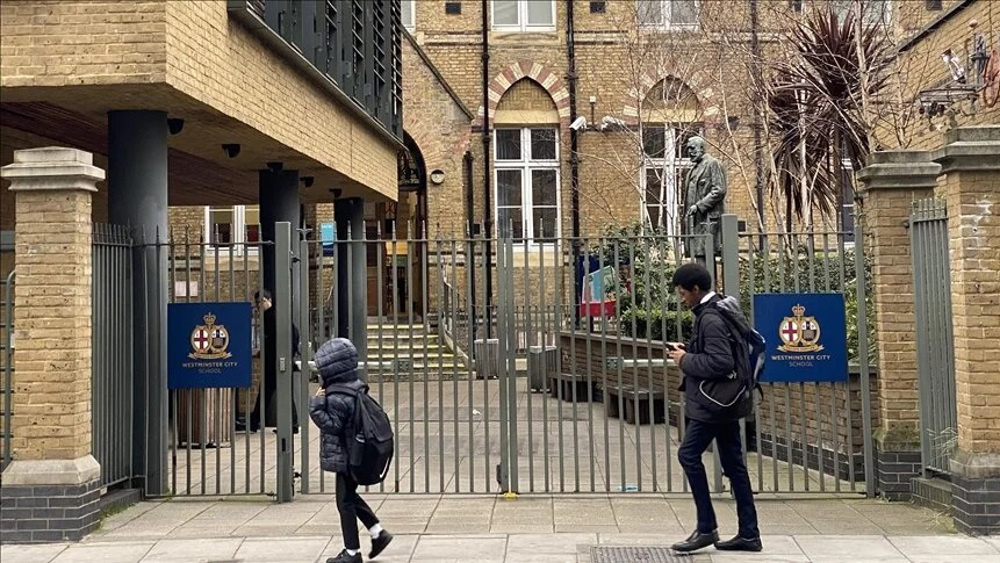Terminally ill benefit claimants asked when they are expected to die
The terminally ill claiming state benefits in Britain are being asked their expected time of death, according to the elected chairman of the work and pensions select committee.
Frank Field, who has contacted the work and pensions secretary, Iain Duncan Smith following the shocking revelation said: “There is absolutely no need for this level of intrusive and painful questioning by DWP officials. If I have had two such cases in my constituency in recent weeks; I dread to think how often this is happening around the country.”
The Labour MP learnt of the information from a complaint made to him by residents of his constituency, Birkenhead who were intending to claim for a Personal Independence Payment (PIP) under the “special rules terminally ill” procedure.
A DS 1500 form submitted as part of the protocol for the aforementioned benefit requested details of the diagnosis and asked whether the patient is aware of the severity of their terminal illness. Treatments and clinical findings are also outlined in the form which concludes with a doctor’s signature of approval and confirmation. Decision-makers at the Department for Work and Pensions are not expected to challenge nor question the details of those who have not been told of their terminal illness.

As a standard protocol, those confirmed to hold a terminal illness are awarded the highest rate of claim and are not expected to abide by a qualifying period for the claim.
A letter sent to Duncan Smith by the Labour MP states: “My constituents tell me that despite submitting a DS 1500 form drawing attention to a terminal illness, they have been asked directly to their face whether they think they will soon die and by what date they expect to be dead. In one case my constituent’s mother was asked by when she expected her daughter to die and in front of her daughter.”
Field also requested a review of the policy at a national level while asking for legitimate reasoning to justify the situation.
He continued: “This has left my constituents feeling understandably very upset. They tell me they are appalled by the hardness of the questioning and its intrusiveness.”
The Department of Work and Pension has defended its performance, arguing that people with a terminal illness receive “the highest rate of care immediately without a face-to-face assessment.”
“Claims from people with a terminal illness are fast-tracked using ‘special rules’, where we pay the highest rate of care immediately without a face-to-face assessment...All claims are dealt with fairly, sensitively and compassionately by specially trained staff – they do not ask specifics around life expectancy,” the DWP said.
Official statistics show that more than 35,000 people with terminal illnesses receive Personal Independence Payment in Britain.
SU/HA
UN rights chief ‘horrified’ by mass grave reports at Gaza hospitals
Hezbollah says launched ‘deepest attack’ on Israel since start of Gaza war
Israel intensifies strikes across Gaza on day 200 of genocidal war
China says US still interfering in its affairs despite efforts to stabilize relations
Russia says will intensify strikes on Western weapons storage in Ukraine
‘200 days of livestreamed genocide’: Netizens react as Gaza war marks 200 days
Confirmed: Iran’s star striker Mehdi Taremi joining Italian champions Inter Milan
Google fires more employees over anti-Israel protests










 This makes it easy to access the Press TV website
This makes it easy to access the Press TV website